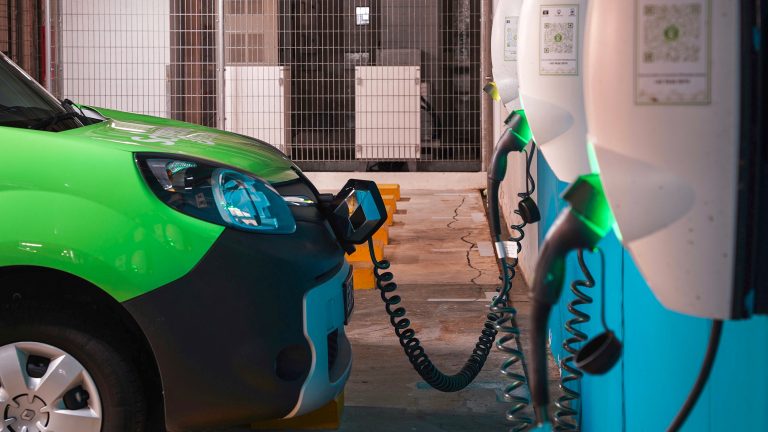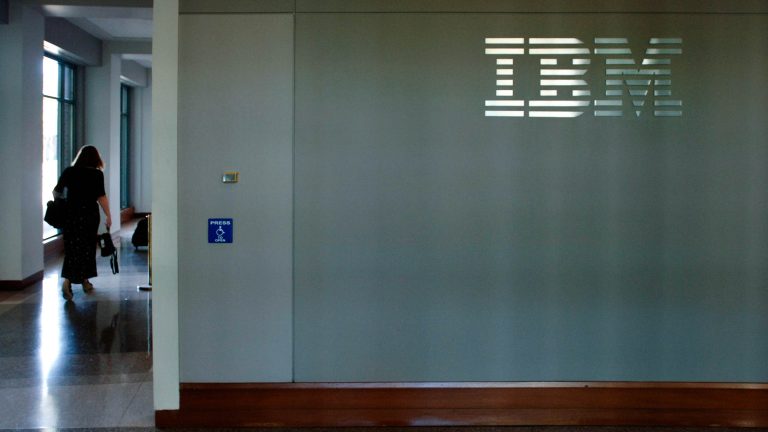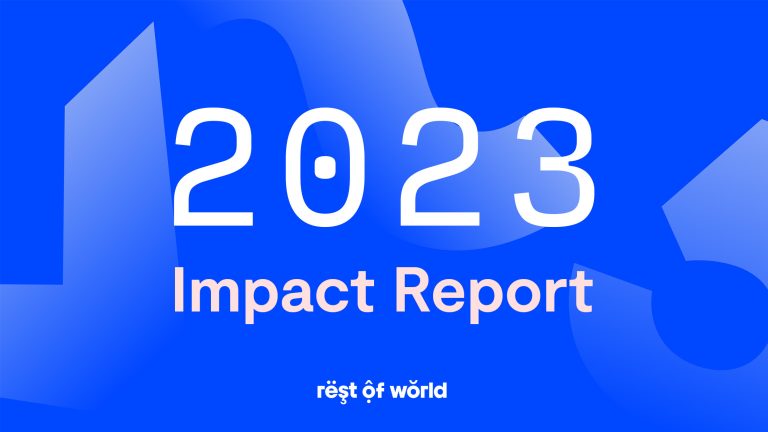In a series of recently viral livestreams on Indonesian TikTok, the premise is always the same: Women in their 50s and 60s sit in a stagnant pool of water and mud, often shivering. The women’s clothes are soaked to the skin, and they periodically throw a pail of water over themselves, looking directly at the camera. At times, they wipe away tears, appearing distressed.
In doing so, the women — or the TikTok creators directing them, at least — can earn money. Over hours, sympathetic viewers send “coins” and gifts that can be exchanged for cash, amounting to several hundred dollars per stream, says Sultan Akhyar, the man credited with inventing the trend. Emojis of gifts, roses, and well-wishes float up gently from the bottom of the live feed.
The viral phenomenon known as mandi lumpur, or “mud baths,” gained notoriety in January when several livestreams were posted from Setanggor village, on the island of Lombok — a location better known for leisure, where tourists can surf at Kuta Beach and marvel at baby sea turtles. The content sparked outrage from Indonesian officials, who resorted to putting legal pressure on the creators responsible, and finally, this month, ordered TikTok to take down multiple mud bath accounts.
Indonesia is TikTok’s second-largest market with an estimated 106 million users as of 2022, just behind the U.S. at 140 million users. The mud bath videos are part of a wave of exploitative so-called poverty porn exploding on Indonesian TikTok, which experts say the company has been slow to flag and remove, and which can slip through the cracks of harmful content as defined by the company’s terms of service.
Rest of World spoke to community leaders in Indonesia who were horrified by the trend, but felt powerless to stop villagers’ participation in these sorts of accounts — especially if the videos paid better than backbreaking work in the fields.
“Poverty is the main trigger for this content,” Ahmad, a member of the government’s Central Lombok Regency Development Team, told Rest of World. (Ahmad goes by a single name, like many Indonesians.) “Low education contributes to weak public awareness [of online ethics], and tourism doesn’t provide enough jobs.”
Scrolling through Indonesian TikTok, livestreams and videos of creators exploiting disadvantaged people are shocking to see, and hard to avoid. In addition to the mud baths, another trend showed an impoverished man choosing blindly from a spread of cash, without knowing the denominations. Another viral account paid someone to eat maggots. (Rest of World has refrained from linking to either of these videos to avoid boosting views.)
The man claiming to be behind the original mud-bath livestreams is 31-year-old Sultan Akhyar, a creator from Lombok. Akhyar operated the TM Mud Bath TikTok account with his wife, using the handle @intan_komalasari92, and initially wasn’t shy about his business success.
In an appearance on Indonesian television in January, Akhyar boasted that he could make several hundred dollars over a few hours of livestreaming, and that the money would be immediately shared with the elderly neighbors in his videos, who earned around $130 per livestreaming session. In media interviews, Akhyar claimed he was inundated with requests from elderly villagers to appear in his videos, to the point where he had to draw up a roster so they could take turns starring.
(The account has since been scrubbed of all mud bath content and locked; Akhyar apologized publicly after the police visited his home, following online criticism of the trend.)
As controversy over the videos mounted, so did pressure on TikTok. In late January, Indonesia’s minister of social affairs, Tri Rismaharini, asked local governments to put legislation in place to specifically ban the uploading of mud bath content, citing Indonesian laws that aim to prevent exploitation of the elderly. Meanwhile, doctors warned the public that bathing in mud could lead to skin rashes and other health problems, and urged creators not to expose people to such dangers. Finally, as recorded videos of the streams continued to circulate, on January 30, the Indonesian Ministry of Communication and Information Technology issued a takedown request to TikTok, who complied.
As controversy over the videos mounted, so did pressure on TikTok.
TikTok’s terms of service outline the kind of content it will flag and take down — for example, bullying or harassment, explicit sexual content, or self-harm. But Angga Prawadika Aji, a lecturer in communications at Airlangga University in Surabaya, told Rest of World that this trend occupied a gray area.
“In the case of the mud baths … the content seems to have still been within the standard moderation limits, so TikTok had no basis for taking action against the videos,” he said.
It’s also not within the company’s interests to take down a popular video that doesn’t directly cross its safety guidelines, he added. “[To] crack down on viral videos is also actually counterproductive to TikTok’s desire to try to milk as much attention and interest as possible … before finally public pressure forces TikTok to take action,” Aji said.
“The safety of our community is our top priority,” TikTok said in an emailed statement to Rest of World. “With regard to the recent trend in question, we are deeply concerned by such content and we would like to remind our community members not to participate in activities that could put them in harm’s way.” The statement went on to note that users were encouraged to use the Report function, and that a team would then take action. They did not directly answer questions about the ease or difficulty of livestream moderation, moderation capabilities for Indonesia, and why exactly the content didn’t contravene safety guidelines.
TikTok is walking a fine line. Shocking, viral content can attract viewers as well as regulatory attention. “[Moderation] results from a complicated calculation of the attitudes of … advertising clients, the public, the government, as well as the capabilities of their moderation algorithms,” Jiaxi Hushe, a University of Tokyo academic who studies underclasses on Chinese video platforms, told Rest of World.
Livestreams that monetize poverty have proven popular on TikTok, and its Chinese cousin Douyin. Often during these videos, viewers are encouraged to make donations to the subjects, though it’s unclear what percentage of those funds make it to the intended individual. It’s also not clear how much money TikTok makes from the rewards and the platform didn’t address the question when approached by Rest of World. A BBC investigation in October 2022 on displaced families in Syrian camps begging for money via TikTok gifts found that the company and affiliated agencies may take up to 70% of the proceeds.
In an interview with Indonesian media outlet Detik in January, 55-year-old Inak Mawar, one of the participants in Akhyar’s videos, said she earned almost $600 after nine livestreams, and that she preferred TikTok to working in the fields in Lombok, where she earns $2 per day doing backbreaking labor.
Mutiara Ika Pratiwi, the head of Perempuan Mahardhika, a Jakarta-based women’s rights organization, told Rest of World the TikTok mud baths were a form of “commodification,” and that it didn’t matter if the women were seen as willing participants.
According to Pratiwi, the problem is that the content is able to exist at all, not that it can spread unchecked. “The government must intervene to fix the root of the problem — namely, poverty, and the problem of gender inequality,” she said. “Social guarantees and protection are needed so that everyone, including the elderly, can prosper.”



